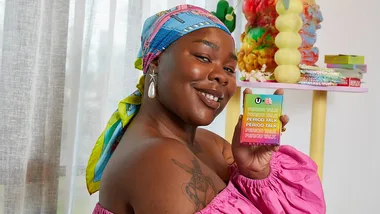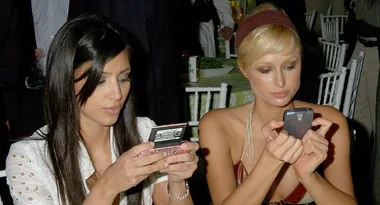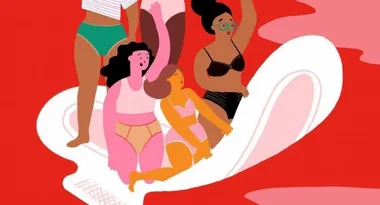After years and years of young girls being shoved under a bright spotlight while society, namely men, scrutinises their every move, the girls in question have finally seized the light and turned it around on young boys instead, calling out their toxic behaviours. And, unsurprisingly, it is through the medium of TikTok.
WATCH: Original “pick me” girl Meredith Grey tells Derek “Pick me. Choose me. Love me.”
While the early 2000s brought us many amazing things – multi-coloured butterfly clips, adorable spaghetti straps, Paris Hilton’s smash hit Stars Are Blind – we don’t care what anyone says, it was snubbed of a Grammy – it also brought us an extremely toxic trope for young women; the “I’m not like other girls” phenomenon, otherwise known as the “pick me girl” trope.
In the media, a “pick me girl” is a woman who, either consciously or subconsciously, seeks or inherits male validation through subverting traditionally “feminine” characteristics and adopting an “I’m not like other girls” mentality.

Although the phrase “pick me” became popular due to TikTok, really, we owe the lingo to Meredith Grey from the TV show Grey’s Anatomy who gave a dramatic “pick me” speech to Derek Shepherd (McDreamy).
The doctor was torn between two women and Meredith looked him in the eyes and said, “Pick Me. Choose Me. Love me.” That soundbite quickly spread around TikTok as Gen Z used it to poke fun at the ‘pick me girl’ media trope.
Growing up in the 2000s, you couldn’t escape ‘pick me girls’. Almost any movie with a female lead portrayed her as a ‘tomboy’ who ‘didn’t fit in with girls’, who rejected stereotypically “feminine” characteristics, or who ‘preferred to hang with the boys because they’re less drama’.
Just take a look back at all your favourite flicks and you’ll see what we mean; Kat Stratford in 10 Things I Hate About You, Cady Heron in Mean Girls, Gracie Hart in Miss Congeniality, Andy Sachs in The Devil Wears Prada and Bella Swan in Twilight.
All of these women rejected at least some aspect of stereotypical “femininity” – whether it was in what they wore, the way they walked, their hobbies etc. And, in return, they all received, whether intentional or not, some form of male validation for ‘not being like most girls’.

One of the first times Gen Z took issue with this “pick me girl” trend was back in 2017 when pop sensation Hailee Steinfeld released a trail blazing tune called Most Girls.
In the ICONIC music video, Hailee is on a date with a man who claims she is “not like other girls”. Rather than fawn over the misogyny-disguised-as-a-compliment, Hailee is like nah… I’m good dude, and dips. She then goes on to sing about how “most girls are smart and strong and beautiful” and she wants to be like all of them. Queen behaviour.
Now, TikTokers have taken Hailee’s lead, rejecting this toxic trope created by the media.
It is, however, important to note that the intention shouldn’t be to poke fun at girls who dress stereotypically “masculine” or ‘hang out with the boys’.
Instead, it should be to reject the ingrained misogyny that has aligned being ‘girly’ with being ‘basic’ and therefore, somehow, less worthy of the male attention that the “Kat Stratfords” of the world garnered for being ‘different to other girls’.
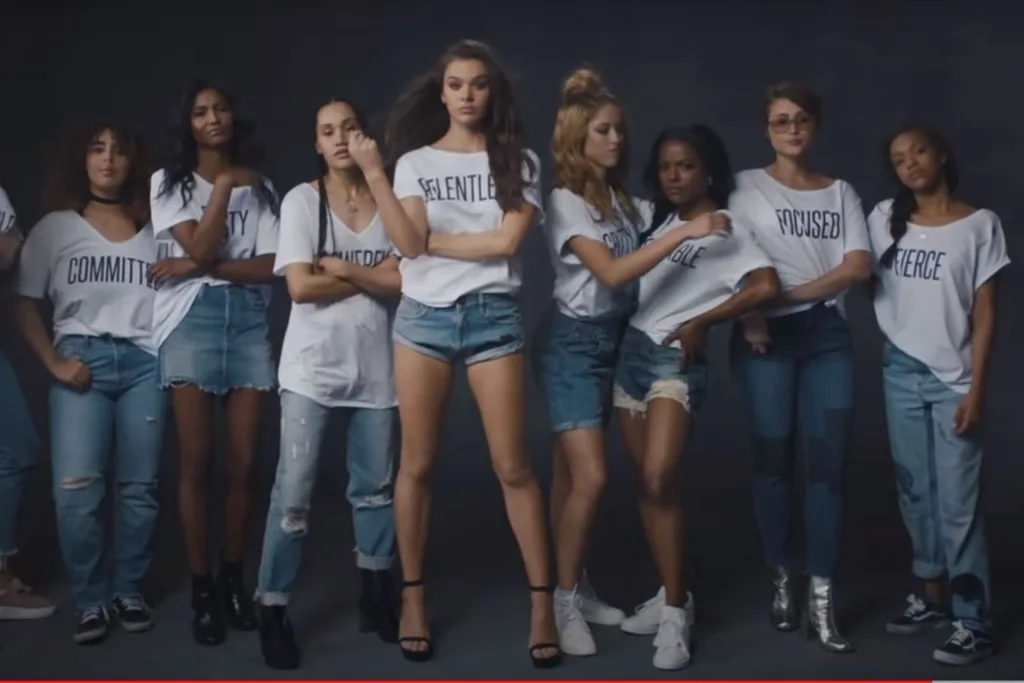
And now that we’re finally cancelling the ridiculous “pick me girl” media phenomenon, we’ve moved on from scrutinising women for a change and are holding up a mirror to the way men try to gain female attention.
That’s right, Gen Z has turned the spotlight onto “pick me boys.” These are the guys who, yep you guessed it, claim they’re “not like other guys”.
Except, unlike “pick me girls”, “pick me boys” don’t appear on our movie screens. No. These boys make their cameos primarily on Snapchat. And, according to TikTok, they all follow the same script.
Welcome to How To Identify A Pick Me Guy 101.
If you’ve ever been snapping a guy and he replies to you with half of his face covered and a caption along the lines of, “You’re out of my league”, “Why do you even talk to me?”, “I’m used to rejection”, “Nice guys finish last” or “I’ll stop bothering you now” then, commiserations, you’ve interacted with a “pick me boy.”
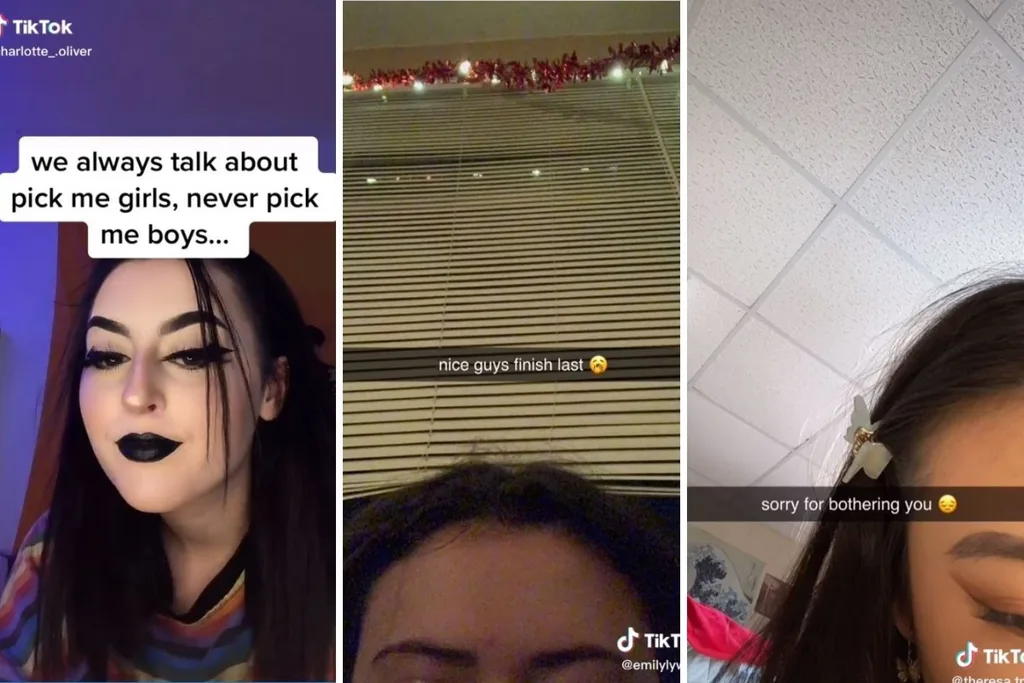
These are the guys whose main form of flirting is fishing for compliments through emotional manipulation to the point of gaslighting, making young girls feel bad for their own insecurities in the process.
And women have finally had enough; they’ve headed to TikTok to replicate the snaps they receive from these boys, all the while criticising their manipulative behaviour.
It’s obviously important not to undermine the insecurities of young men, which are of course completely valid, but when “pick me girls” have been at the centre of public discourse for so long, it is an important equaliser to discuss the toxic way some men try to capture the attention of women, rather than picking apart every single thing young girls do again, and again, and again.
We mean seriously patriarchy; it’s getting pretty boring at this point.
